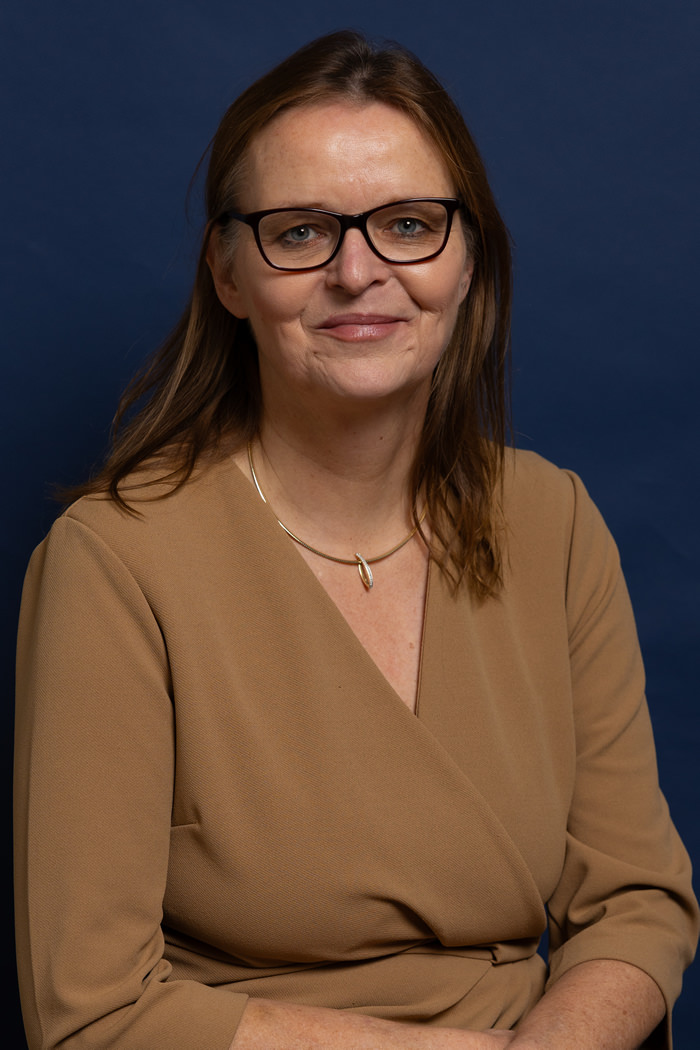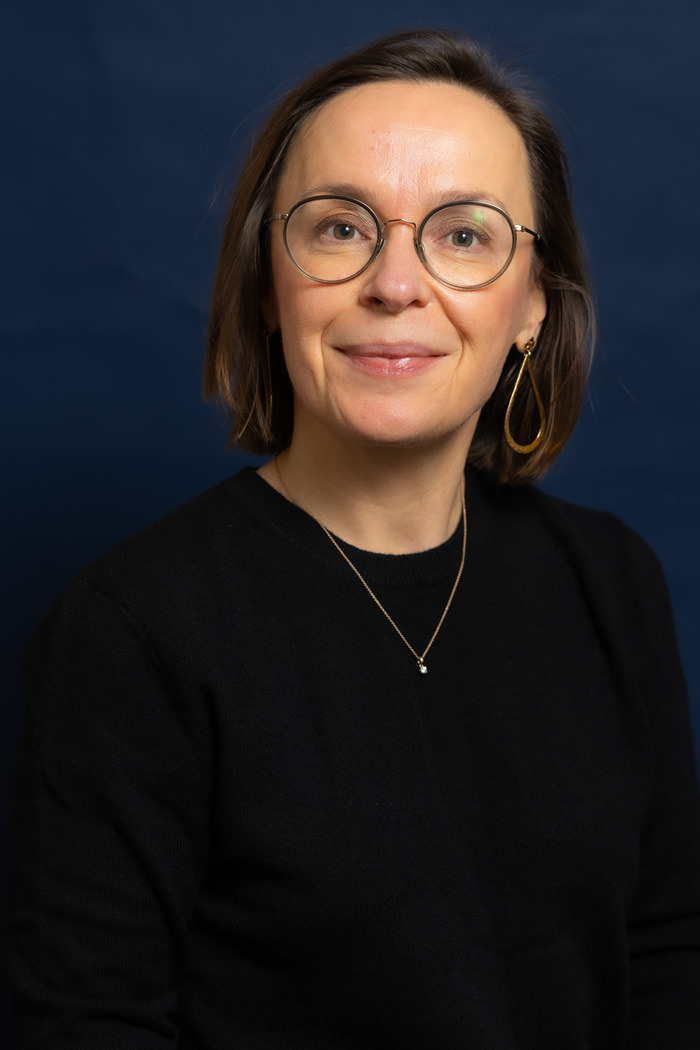

Ohmann Notariaat specialises in services for expats, whether private individuals or international companies. Expats living and working in the Netherlands can contact our ‘Expat Desk’ for more information about our services.
We are able to discuss your requirements in English. Most of the relevant documents are also available in English. If so desired, we can arrange for documents to be professionally translated or for a qualified interpreter to be present during the meeting and/or when you sign the documents. We will provide clarity about the content of legal documents. and will ensure that you understand the implications of the documents that you sign.
The notary
In the Netherlands, a civil-law notary is a qualified, university-trained lawyer appointed by the Crown, who has specific tasks and responsibilities. There are certain times at which you require the services of a notary. For example, if you want to conclude a prenuptial or cohabitation agreement, make a will, incorporate a limited company, purchase a house or take out a mortgage loan. In these cases it is mandatory to have the relevant ‘akte’ (deed) prepared and executed by a notary, not only to achieve the intended legal effect but also to ensure legal certainty.
In principle, the notary acts as an impartial advisor, taking all parties’ interests into consideration. However, it is also possible to retain a notary to act solely on your behalf as a ‘party-appointed’ notary. You always have an entirely free choice of notary.
Identification
By law, the notary must establish the identity of his clients. When you visit the notary, you should therefore bring valid proof of identity.
Authentication/Legalization
You may occasionally be requested to sign a power of attorney or statement in the presence of a civil-law notary. Our office will then determine that you have personally signed the document, ensuring that the signature you have placed is actually yours. This is called a "legalisation" or "notarisation".
Authorisation
Companies and other organisations often require authentication of their representatives, usually together with a statement that these representatives are authorised to represent the company or organisation at the moment of signing. We can do this check for you and render a statement on their authority. This is called an authorisation.
True Copy
Authorities and organisations increasingly request true copies (authenticated copies) of official documents like proofs of addresses, passports or notarial deeds. We can issue a statement certifying that we have seen the original with an attachment of a copy of the original. You then do not have to send out the original of your valued document, but just the true copy.
Affidavit, sworn statement, declaration under oath or statutory declaration
Sometimes a simple legalisation or notarisation is not sufficient. In that case the document will request an affidavit, sworn statement, declaration under oath or statement declaration. As such declarations involve a risk of perjury, Dutch law requires a notarial deed for that purpose. We can assist you with the preparation of such a notarial deed.
International and Apostille
If necessary, the civil law notary’s statements on the documents can be issued also in English, Spanish, French or German. Foreign authorities often ask for an apostille. This means that the Court verifies the civil law notary’s signature.
Costs and Identification
When you call us for an appointment, we will ask you to send us the document to be signed first and then inform you about the costs. If the costs are ok, we will ask you to send a copy of your ID ahead (if required). We can then have the document ready upon your arrival. Please do bring your valid, original, passport or other ID to your appointment (no copies).
Family law
Partners can set out the terms of their relationship in a formal agreement. If they intend to live together without getting married, they can enter into a cohabitation agreement. Partners who do marry generally enter into a prenuptial agreement.
These agreements must be drawn up by a notary and the notary will advise both partners about their content and implications. In doing so, he will act as an impartial professional expert and attempt to reach a balanced agreement in which the personal circumstances of both partners are taken into full consideration. If the partners (or one of them) are foreign nationals, certain aspects of international law will be relevant. In some cases, international treaties apply, while in others the national law of the country concerned takes precedence. The notary will have to take into account the rules that have been put down in the EU regulation on international matrimonial property law. This regulation applies on marriages that are concluded after January 29, 2019. We wrote a blog on the EU regulation on international matrimonial property law, which you can find here.
The notary will usually wish to discuss matters with both partners before preparing a draft agreement. If both partners agree to the content, the deed containing the agreement will be signed by both partners and by the notary. In case of a marriage, this will have to be done before the actual ceremony takes place. Though, of course, you can also arrange a post-nuptial agreement, if you are already married.
The notary can also offer advice when a relationship breaks down and the partners decide to separate or divorce.
Wills and inheritance law. Winding up of an estate
In the Netherlands, a will must be drawn up and co-signed by a notary. You will be invited to discuss your wishes during a personal interview. Your will establishes who your heirs are. You may also decide to make individual bequests of specific items of property or money to named individuals or organizations. If you wish to appoint an executor, or a guardian to take responsibility for your children, this too must be recorded in the will. We wrote a blog with 8 reasons to draw up a will, which you can find here.
Once your will has been signed, the notary will lodge it with the Central Register of Wills so that it can always be found when it is needed.
Your notary can also advise on the legal validity of a will that has been made in another country. In some cases, it may be necessary to make a separate will in the Netherlands. Such a Dutch will may contain entirely new or only supplementary testamentary dispositions. Personal, tailored advice is essential to ensure that the terms of two or more wills made in different countries do not conflict. On occasion, the notary may wish to consult a colleague in another country. If such external expertise is required, Ohmann notariaat can rely on an extensive network of professional advisers throughout the world. Ohmann notariaat is also a member of EuropeFides, a network of legal, tax and accountancy-advisors (https://www.europefides.eu/).
Of note in this context is the fact that, on August 17, 2015, the European Inheritance Law Regulation entered into force. The Regulation has been accepted in all countries of the European Union, except for Ireland and Denmark. The aim of this Regulation is to simplify successions – that have an international context – for European citizens, and to make the settlement of international inheritances within the European Union run smoother. We will be able to advise you as to how to set up your will, taking into account the rules of the Regulation.
When a person who is domiciled in the Netherlands dies and/or when an estate includes assets in the Netherlands, the services of a Dutch notary are required to wind up the estate. The notary will prepare all necessary documents and will advise the heirs and the executor.
Business and enterprise
Starting or expanding a business in the Netherlands can be relatively easy, as long as you are well advised on the possibilities and risks. We can inform you how which legal entity would be the preferred one, what steps are required to incorporate such an entity and what risks you may run as a board member or shareholder. Other aspects that we take into account are taxation, governance and the requirement for a separate shareholders' agreement if not all agreements between the shareholders should be visible for third parties.
We can help you arrive at appropriate decisions and will work closely with your accountant or tax advisor where appropriate. We will also ensure that all required deeds, articles of association and agreements are prepared and will notify the Chamber of Commerce and the UBO register of any changes to the registered details. Moreover, we will advise you on how to protect your personal assets (and those of your partner) against business risks.
As of 1 July 2022 the incorporation of the B.V. (the most common Dutch legal form) can fully take place digitally for all incorporators -worldwide. No hardcopy paperwork will then be necessary.
We are also your first point of contact for various other aspects of business law, including (cross-border) mergers, demergers (split-offs), joint ventures and amendments to your company’s articles of association.
Home and mortgage
We take care of all legal aspects of the sale or purchase of a house. Our work includes ascertaining the background of the transaction and of the parties involved in the transaction. We are also responsible for overseeing the financial arrangements, ensuring that funds are transferred to the bank, the seller and any creditors and, for example, that property transfer tax is paid. We assure, of course, that an equal exchange is made: the purchase price is paid over to the seller only when it is certain that ownership of the property is transferred to the buyer.
Our office will conduct a land registry search and will consult other public registers, such as the insolvency register, the marital property register and the Chamber of Commerce registers. This assures the buyer that the property will indeed be in his legal ownership and that there are no unpleasant surprises.
If the buyer is financing the purchase by means of a loan, our office will draw up the necessary mortgage deed. Our office will arrange for the lender (usually a bank) to make the mortgage amount available on the day that the sale is completed.
Our expertise also covers assisting in transfer tax issues and transactions related to renewable energy.
For further information, please contact:
- Mireille Bosscher (family and inheritance law): This email address is being protected from spambots. You need JavaScript enabled to view it.;
- Anne-Marie Oomen (family and inheritance law): This email address is being protected from spambots. You need JavaScript enabled to view it.;
- Daniel Ohmann (corporate law): This email address is being protected from spambots. You need JavaScript enabled to view it.;
- Legalisation desk: This email address is being protected from spambots. You need JavaScript enabled to view it..
Mireille, Anne-Marie and Daniel can be reached by phone number: 0031-(0)70-5123131.